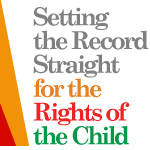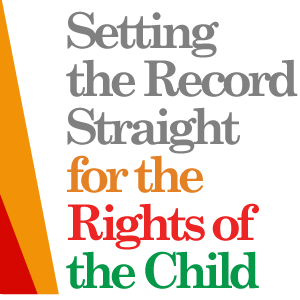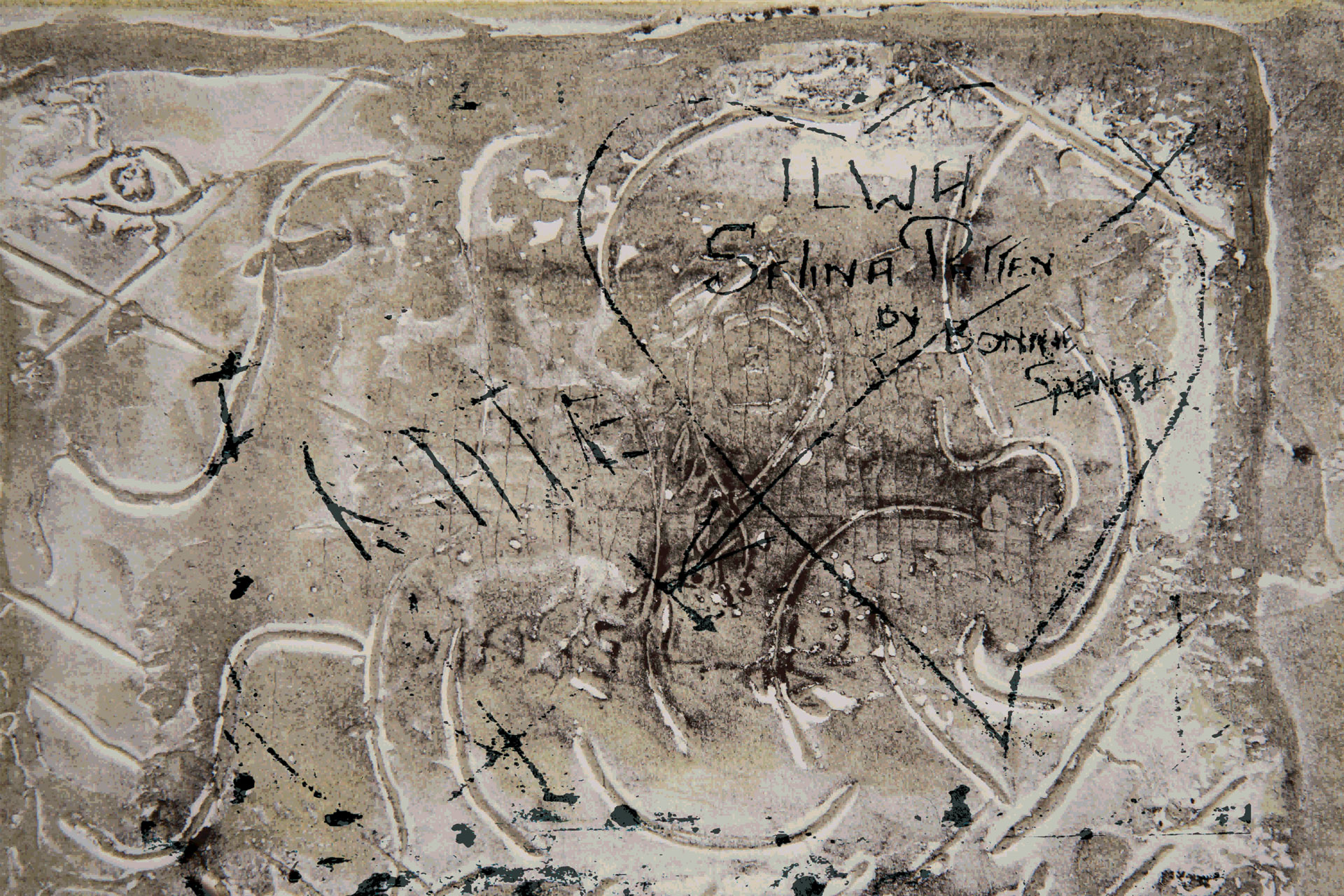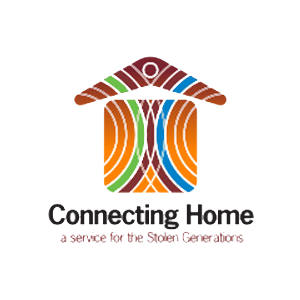Inquiries
A succession of inquiries have shown how recordkeeping failures impact on those caught up in the child welfare and protection systems. In inquiry after inquiry, testimony after testimony, the lifelong importance of records created during fractured childhoods have been highlighted. The difficulties in finding and accessing records in the search for identity and memory, (re)connecting with family, holding the child-welfare system accountable for decisions and actions, and seeking redress for abuse and neglect have been repeatedly described.
Key national inquiries have been:
- 1995-97 Inquiry by the Australian Human Rights Commission into the Aboriginal and Torres Strait Islander People affected by forced removal from their families, known as Stolen Generations. For more information see the Bringing Them Home Report
- 2000-01 Senate Inquiry into Child Migration Schemes. For more information see the Lost Innocents Report
- 2003-04 Senate Inquiry into Australians who experienced institutional or out-of-home care as children. For more information see the Forgotten Australians Report
These inquiries and intense lobbying by impacted communities eventually led to National Apologies to the Stolen Generations on 13 February 2008, to Forgotten Australians and Former Child Migrants on 16 November 2009, and for Forced Adoptions on 21 March 2013.
Further lobbying led to the establishment of the Royal Commission into Institutional Responses to Child Sexual Abuse in January 2013, with the final report delivered on the 15 December 2017.
For more information see Find & Connect’s Child Welfare Timeline.
Responses
The inquires and apologies have brought about improvements in records access.
For the Stolen Generations, the 1997 Bringing Them Home Report led to
- the establishment of Joint Records Taskforces in each state and territory composed of representatives of government, non-governmental records agencies and Indigenous user services to develop common access guidelines to Indigenous records and advise government on the necessary changes to policies and legislation. For example, the Victorian Koorie Records Taskforce released its report in 2006.
- A range of indexing projects in national, state and territory archives
- The establishment of Link-Up Services in each state and territory to assist members of the Stolen Generations to reunite with their families.
Following the 2009 apology to Forgotten Australians and Former Child Migrants, investment by the federal government in the Find and Connect Program has led to
- The launch in 2011 of the Find & Connect Web Resource, which brings together publicly available information about records and other resources relating to Forgotten Australians and Former Child Migrants held across Australia, along with Find and Connect Support Services in each state and territory.
- A number of directories and finding aids being developed by state government and religious organisations with a history of providing institutional ‘care’.
- Grants for indexing and digitising projects provided to past ‘care’ providers to document, index and release records relating to children placed in Homes, orphanages and other forms of out-of-home ‘care’ during the 1920s–1980s through the Find and Connect Records Access Documentation (RAD) Project. A second round of RAD grants applications is open until 20 November 2016.
Yet despite those investments records and recordkeeping issues continued to be raised in the hearings of the Royal Commission into Institutional Responses to Child Sexual Abuse.
And according to the 2014 report evaluating Find & Connect Services much still remains to be done. Access is still a lengthy and fragmented process with much more needing to be done to facilitate access within and across jurisdictions. Differences in the extent of redactions to records is also a source of particular frustration.
The set of access principles and guidelines for record holders published by DSS are a step in the right direction, but they remain aspirational and raise a set of questions:
- How are record holders to be held to account for them?
- What do needs to be done to make them standard practice?
- How far do they go in meeting the rights and expectations of the ‘subjects’ of the records?









